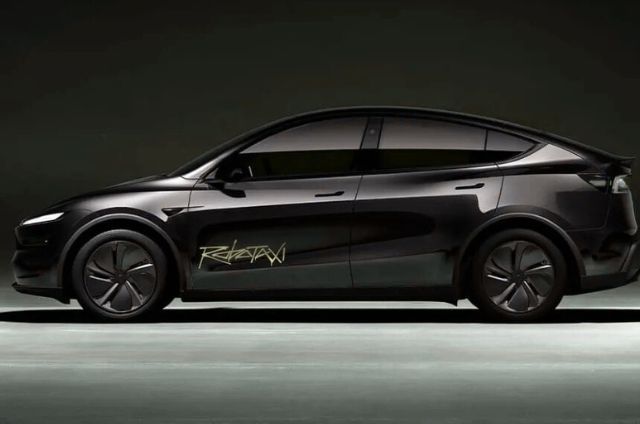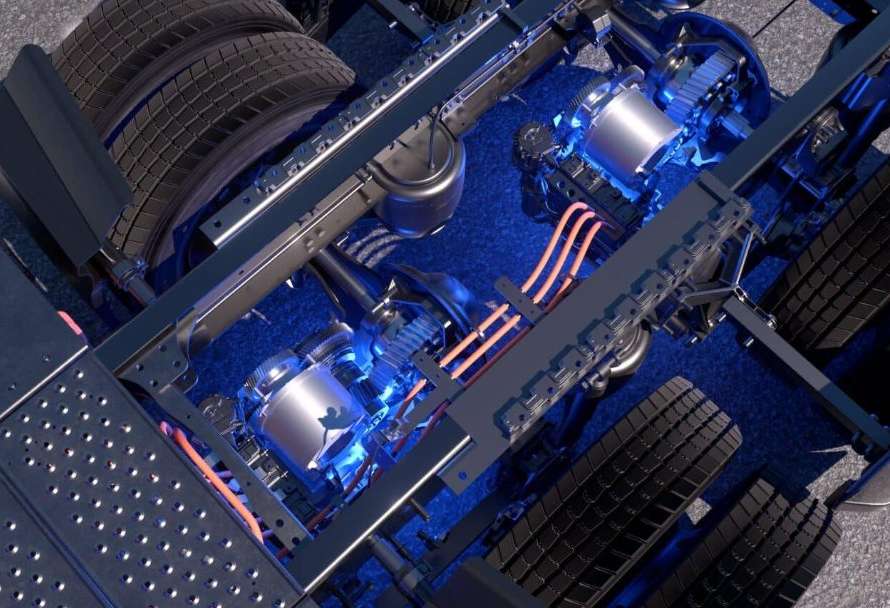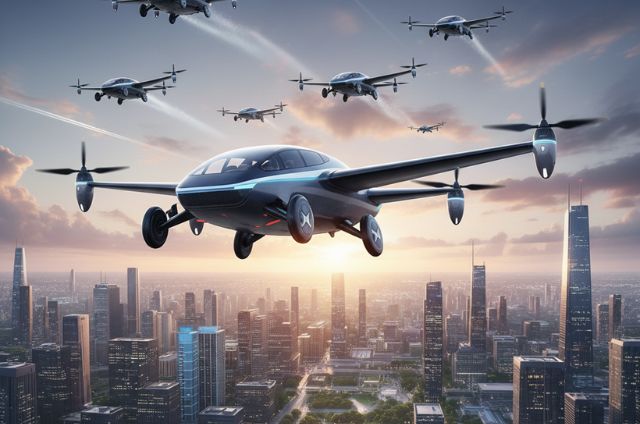The Road to Autonomy Is Anything but Simple
Tesla is racing toward a bold future: fully autonomous robotaxis cruising city streets without human input.
Elon Musk envisions hundreds of thousands of these vehicles on U.S. roads, reshaping mobility and reducing traffic deaths. But building a system that can safely drive anywhere — using just cameras — is one of the most ambitious challenges in tech.
FSD Is Advanced, But Still Under Watch
Tesla’s Full Self-Driving (FSD) software is a powerful driver-assist system that navigates complex urban environments, responds to traffic signals, and adapts to real-time conditions.
However, even cutting-edge systems face growing pains. The National Highway Traffic Safety Administration (NHTSA) recently opened a preliminary evaluation into reports of FSD making risky maneuvers, including:
- Failing to stop fully at red lights
- Misjudging lane boundaries
- Turning into the wrong direction in rare cases
The agency is gathering data from owner feedback, media reports, and Tesla itself — all part of a standard process used for any rapidly evolving vehicle technology.
Engineering at the Edge of Possibility
FSD operates on vision-only tech — no radar, no lidar. It’s a unique approach in the autonomy world, and Tesla has made major strides in real-world testing.
The system already handles tasks that seemed impossible just a few years ago:
- Roundabouts
- Unprotected left turns
- Complex intersections
While it’s not perfect, Tesla continues to refine FSD with frequent software updates and city-specific improvements. At one intersection in Maryland, the company has already addressed concerns flagged by NHTSA.
Robotaxis Are Still the Goal
Tesla has rolled out its first pilot robotaxi service in Austin, with safety monitors onboard. It’s a key milestone in its mission to build a self-driving network.
With the Cybercab on the horizon and no new budget EVs announced, Tesla’s strategy is clear: focus on autonomy first, scale it later.
The road may be complex — but Tesla’s not turning back.



